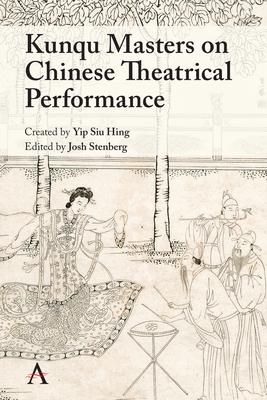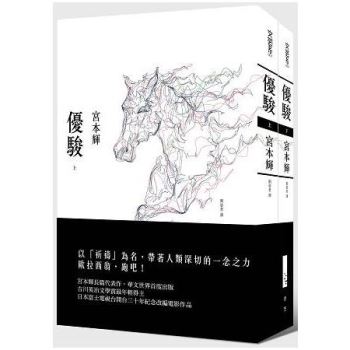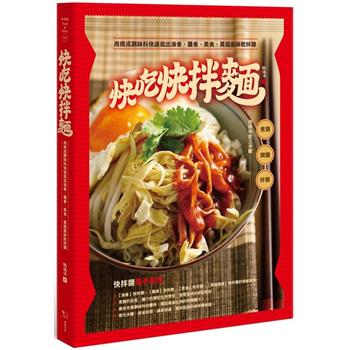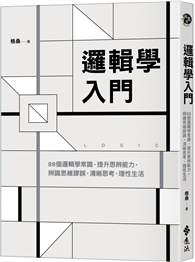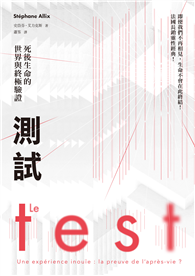Kunqu, recognised by UNESCO in 2001 as part of the Intangible Cultural Heritage of Humanity, is among the oldest and most refined traditions of the family of genres known as xiqu or "Chinese opera." Having survived the turmoil of the Chinese twentieth century, the art form’s musical and performance traditions are being passed on by senior artists in several major cities of the Yang-tze River basin as well as Beijing. Xiqu studies have so far focused on the textual basis of performance, while the transmission of performance technique and the shifts and refinements of tradition have been left largely unexplored. This book consists of explanatory narrations, selected and translated from among an extensive Chinese-language collective endeavour in Chinese.
Each translated account by a master performer sheds light on the human processes--technical, pedagogical, ideological, social-- that create a particular piece of theatre and transmit it over time. These translations allow actors’ voices to be heard for the first time in international theatre and performance studies, while the annotations allow the reader to place these narratives in historical, literary, discursive, and aesthetic contexts.
Close critical attention to the nature of transmission shows how concepts such as "tradition" are in fact the sites of constant elaboration and negotiation. Far from being a museum genre, kunqu reveals itself through these explanatory narrations as a living and changing art form, subject to the internal logic of its technique but also open to innovation. Methodologically, this work breaks new ground by centering the performers’ perspective rather than text, providing a different gaze, complement, and challenge to performance-analysis, ideological, sociological, and plot-based perspectives on xiqu.
